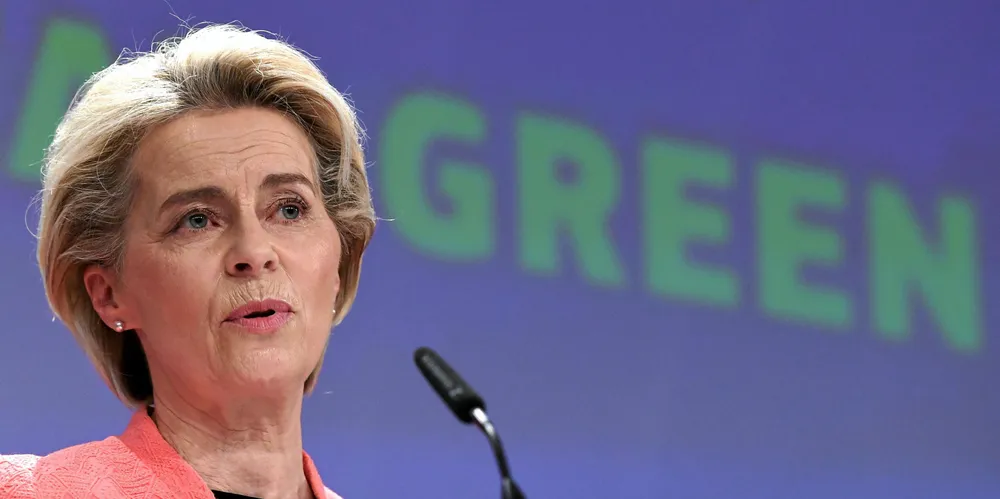‘EU’s 2030 green hydrogen mandates would drive up power demand and make electricity punishingly expensive’
The European Commission’s H2 strategy is reckless and high risk, says independent non-profit organisation Transport & Environment

The European Commission’s H2 strategy is reckless and high risk, says independent non-profit organisation Transport & Environment
